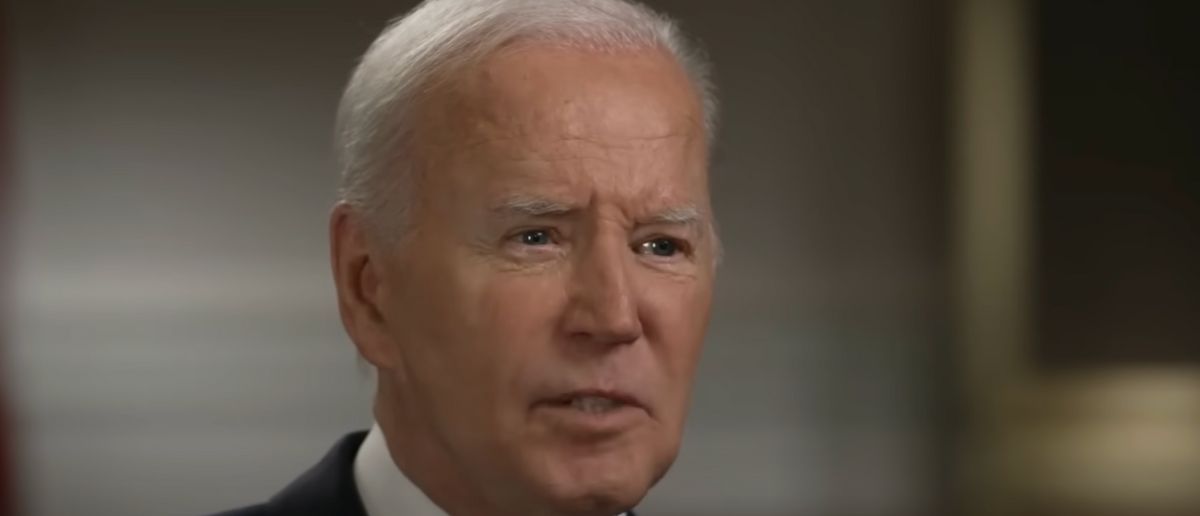
There’s been a ton of SCOTUS rulings lately. Some big, some small.
But now the U.S. Supreme Court has handed down a super strange new ruling on the Bill of Rights.
On Friday, the Supreme Court dismissed a constitutional challenge against ordinances enacted by Grants Pass, a small city in Oregon, which penalize homeless individuals for sleeping on public property when they have no other options. In a 6-3 decision split along ideological lines, with conservatives forming the majority, the justices ruled that these ordinances do not violate the Eighth Amendment of the Constitution, which prohibits cruel and unusual punishment.
This ruling overturns a 2022 decision by the 9th U.S. Circuit Court of Appeals that had favored a group of homeless individuals. The decision removes an injunction that previously restricted the city’s ability to enforce the ordinances against people sleeping outside with only blankets and no other shelter alternatives. While the city could already enforce aspects of its anti-camping policy, such as restrictions on more permanent encampments, this ruling broadens its enforcement capabilities.
The ordinances in question prohibit sleeping or camping on publicly owned property, targeting individuals who have no alternative due to a lack of homeless shelters in the city, which is located about 250 miles south of Portland. Punishments under these ordinances can include fines of several hundred dollars and exclusion orders that bar people from public property.
Homeless advocates argue that these ordinances unfairly penalize individuals simply for existing when they have no other place to go, failing to address the root issue of housing shortages. They contend that cities already possess the authority to regulate homeless encampments, a matter not directly contested in this Supreme Court case. Additionally, they argue that these measures only shift the responsibility of serving the homeless population to neighboring areas.
The appeals court’s previous ruling had applied to all nine states under its jurisdiction, including California, which has a significant homeless population. Local officials from cities such as Los Angeles, San Francisco, and Phoenix had petitioned the Supreme Court to overturn the appeals court’s decision. The Biden administration filed a brief supporting neither side, stating that laws prohibiting sleeping on public property are unlawful if they are enforced in a way that prevents individuals without shelter from residing in the jurisdiction.
The 9th Circuit Court had ruled 2-1 that Grants Pass could not enforce its anti-camping ordinances against homeless individuals for merely sleeping outside with minimal protection or for sleeping in their cars at night when no other shelter was available.
This decision was particularly relevant when there was no available shelter space, and it largely upheld a federal judge’s injunction limiting the city’s enforcement of these ordinances against certain homeless individuals sleeping in parks at night.
The case began when a group of homeless people challenged the ordinances, asserting that there were no available shelters, forcing them to sleep outside. City officials defended the ordinances, claiming they were legally sound and aimed at reducing the number of homeless encampments.
They argued that these policies were intended to encourage homeless individuals to seek housing, although the city itself does not operate a shelter, instead directing people to one managed by a religious organization with limited space and conditions some homeless individuals find objectionable.
Strange Win For Local Rights?
Lately, there’s been some major losses for states as the U.S. Supreme Court has sided with the federalization of some aspects of law and order. The U.S. Supreme Court has largely been quick to strike down laws passed by state legislatures to regulate, limit, or ban abortion. Most recently, the U.S. Supreme Court has decided that they wouldn’t be siding in favor of the state of Idaho to back their laws on their books on abortion. In fact, they effectively ruled that they weren’t going to be ruling at all.
Simply put, states have been left wondering what is and is not acceptable for them to do within their own jurisdiction. The waters have only become more and more murky over the years. It seems like any big bill coming out of state legislatures is liable to be under scrutiny by the U.S. Supreme Court in lawsuits.
In this case though, it seems to be a strange win for the rights of local law enforcement and local policy makers.
Look, no one wants to make the lives of those who are homeless more difficult. In fact, there should absolutely be more done to help those who are homeless get into a situation where they can become stable if they are willing to do away with crime, drugs, and other unhelpful behaviors.
That being said, states and cities have to be able to determine for themselves how to deal with this matter. In some regions throughout the United States, homelessness presents extremely unique situations. In the south, homelessness can be a real health hazard during the hotter months. In California, it seems their homelessness issue is just completely out of control and may need a tougher approach.
The fact is that the Supreme Court ruling that there are no violations of the Eighth Amendment of the Bill of Rights is a good thing.
Now, if we’re serious about tackling homelessness, maybe we should be talking more about the drug proliferation going on under Joe Biden’s watch that is the number one cause of homelessness. That’s something the Left seriously doesn’t want to talk about.
Stay tuned to the DC Daily Journal.





